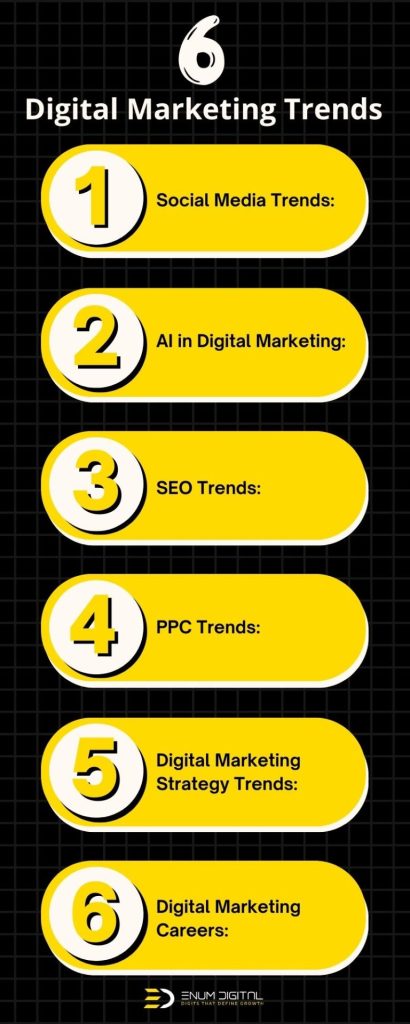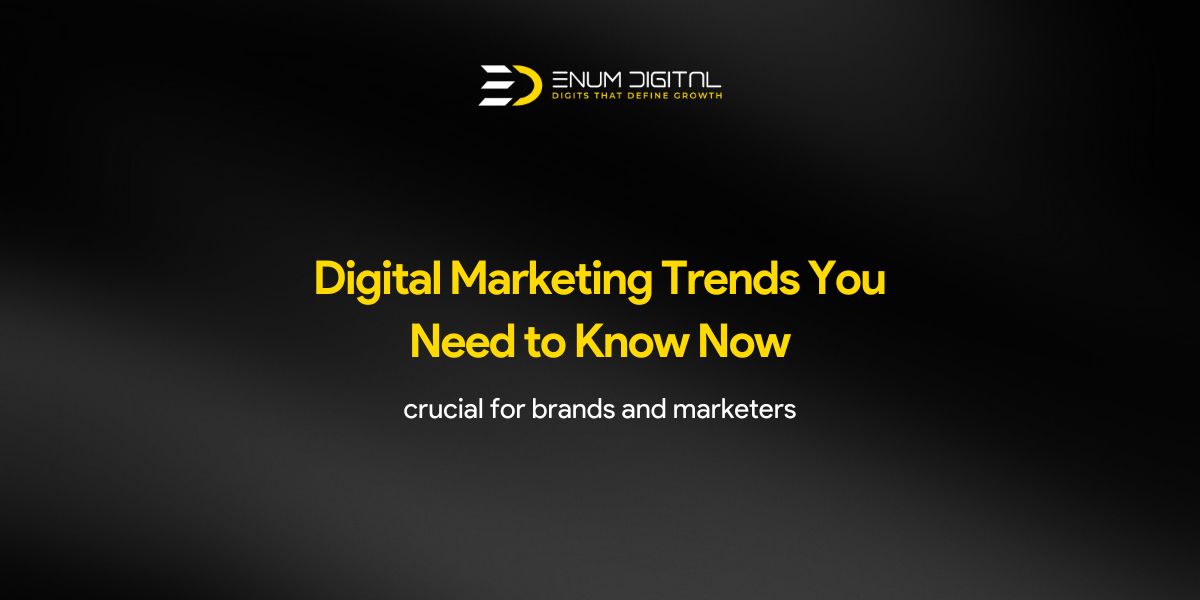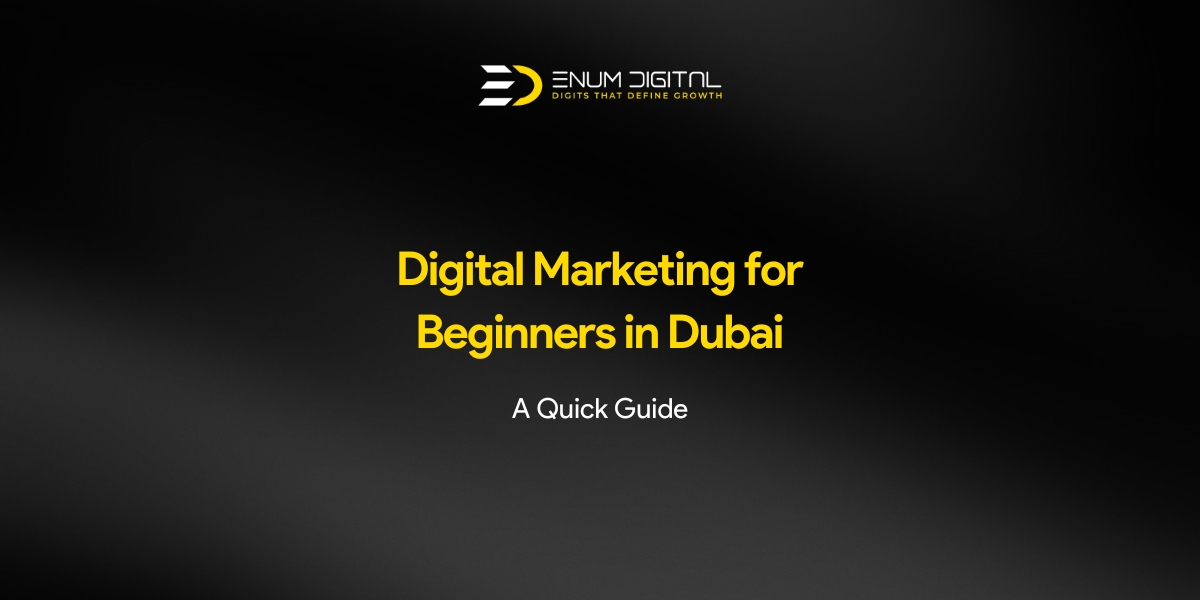As we step into 2024, the digital marketing trends are evolving rapidly, shaped by technological advancements, shifting consumer behavior, and an ever-changing external environment. Staying ahead of these trends is crucial for brands and marketers to maintain relevance and effectiveness. Here’s an overview of the key trends that will define digital marketing in 2024:

1. Social Media Trends:
Social media continues to be a powerful tool for brands, but the way we approach it is changing.
Rise of Instagram Threads:
One of the most notable developments is the rise of Instagram Threads. With its growing user base, brands need to establish a strong presence on this platform to engage with a younger, more dynamic audience. Threads offer a more intimate way to connect with followers, fostering deeper relationships.
Retention Over Engagement:
While engagement has long been a key metric, the focus is shifting toward retention. As consumers are inundated with content choices, brands that can keep their audience coming back will stand out. This means creating content that is not just engaging but also meaningful and valuable over time.
LinkedIn’s Growing Organic:
Reach: LinkedIn is evolving from a professional networking site into a robust platform for content creators. The platform is seeing a surge in organic engagement, particularly with creator content. Brands that tap into this trend can benefit from LinkedIn’s increased organic reach, establishing thought leadership and authority in their respective industries.
AI Integration in Social Platforms:
AI is becoming increasingly integrated into social media platforms, aiding in content creation, user engagement, and personalized experiences. However, while AI offers numerous advantages, marketers must navigate the fine line between leveraging these tools and addressing privacy concerns that are top of mind for consumers.
2. AI in Digital Marketing:
Artificial Intelligence (AI) is no longer a futuristic concept; it’s a present reality that is transforming digital marketing strategies. Generating Leads through AI is now part of every business strategy.
Marketers Leading AI Strategy:
As AI becomes more ingrained in marketing processes, it’s essential that marketing departments take the lead in developing AI strategies. AI can optimize workflows, speed up production, and even reshape business models, but only if used thoughtfully and strategically.
Self-Learning AI:
AI technology is advancing at an unprecedented rate, often learning and improving on its own. This rapid development requires marketers to continuously update their AI strategies, ensuring that they stay ahead of the curve and fully leverage the potential of AI.
Skill Development & Co-Creation:
While AI can handle many tasks, it still lacks the soft skills, creativity, and reasoning that human marketers bring to the table. The future of marketing will involve co-creating with AI, where human intuition and AI efficiency combine to produce superior outcomes. Marketers should focus on developing these irreplaceable skills to maintain their edge.
3. SEO Trends:
Search Engine Optimization (SEO) remains a cornerstone of digital marketing, but the strategies that worked in the past are evolving.
Google’s Search Generative
Experience (SGE): Google’s introduction of the Search Generative Experience (SGE) is poised to revolutionize how we think about search. SGE uses AI-generated snapshots to provide users with quick, comprehensive answers, which may reduce clickthrough rates for websites that fall below the snapshot. To stay competitive, marketers will need to rethink their SEO strategies, focusing on how to appear in these AI-generated responses.
High-Quality Content & EEAT:
With SGE in play, the quality of content is more important than ever. Marketers should prioritize creating content that is not only valuable and shareable but also high in EEAT—Experience, Expertise, Authoritativeness, and Trustworthiness. These factors will be critical in determining how content ranks in search results and how it resonates with audiences.
Focus on UX and Conversion Rates:
As search engines become more sophisticated, the user experience (UX) on your website is increasingly important. Fast-loading pages, easy navigation, and a seamless experience will be crucial in keeping visitors on your site and converting them into customers. Improving UX will be a key strategy in maximizing conversion rates.
4. PPC Trends:
Pay-per-click (PPC) advertising remains a vital part of the digital marketing mix, but like all areas of marketing, it’s evolving with new technologies and strategies.
AI as an Assistant in Google Ads:
Google continues to integrate AI into its advertising platform, providing tools that can assist with everything from ad creation to optimization. However, while these AI tools can enhance efficiency, marketers should be cautious about over-relying on them. It’s crucial to maintain control over ad visibility and performance to ensure that campaigns align with the brand’s objectives and resonate with the target audience.
Avoid On-the-Spot Pressure:
With the increasing use of AI in PPC, there’s a temptation to make quick decisions based on AI-generated recommendations or suggestions from Google representatives. However, it’s essential to resist this pressure and rely on data-driven judgment. Marketers should take the time to analyze data, understand the context, and make informed decisions rather than reacting impulsively to AI prompts.
5. Digital Marketing Strategy Trends:
In 2024, the success of digital marketing strategies will depend heavily on understanding and adapting to evolving consumer expectations.
Data Privacy:
With growing concerns around data privacy, transparency in how data is used has become paramount. Consumers are more informed and cautious about their personal data, and brands that prioritize transparency and ethical data practices will earn consumer trust. Marketers must ensure that their data collection and usage policies are not only compliant with regulations but also clearly communicated to consumers.
Sustainability:
Sustainability is no longer just a buzzword; it’s a crucial factor in consumer decision-making. Consumers are increasingly favoring brands that demonstrate a commitment to sustainability, whether through eco-friendly products, ethical business practices, or sustainable supply chains. Incorporating sustainability into your marketing strategy can enhance brand loyalty and attract a socially conscious audience. It’s not just about promoting sustainability but genuinely embedding it into the company’s operations and values.
6. Digital Marketing Careers:
As digital marketing continues to grow, so does the job market. However, the landscape is shifting in favor of employers, making it more competitive for job seekers.
Employers’ Market:
With an oversupply of skilled digital marketers due to layoffs in the tech industry, employers will have the upper hand in the job market. This means that professionals need to differentiate themselves to stand out. Continuous learning, staying updated with the latest trends, and demonstrating a unique skill set will be essential.
Specialization:
In 2024, specialization will be more valuable than ever. While being a generalist has its advantages, focusing on a specific area of digital marketing, whether it’s SEO, PPC, social media, or content strategy, can make you more attractive to employers. Specialization allows you to develop deep expertise in a niche area, making you a go-to professional for that particular skill.
AI in Recruitment:
The use of AI in recruitment is on the rise, adding another layer of competition for job seekers. AI tools are being used to screen resumes, assess skills, and even conduct initial interviews. To stand out in an AI-driven recruitment process, candidates need to optimize their resumes with relevant keywords and demonstrate their ability to work alongside AI. Emphasizing soft skills and creative thinking, which AI cannot replicate, will also be a key differentiator.
Conclusion:
The digital marketing landscape in 2024 is marked by rapid technological advancements, changing consumer expectations, and an increasingly competitive job market. For brands and marketers, staying ahead requires a deep understanding of these trends and the ability to adapt quickly. Whether it’s leveraging AI, focusing on high-quality content, or prioritizing data privacy and sustainability, the key to success lies in being proactive and strategic.
As we move through the year, keeping an eye on these trends and continuously refining your approach will be crucial. Digital marketing is a dynamic field, and those who can navigate its complexities will be well-positioned to thrive in 2024 and beyond.






